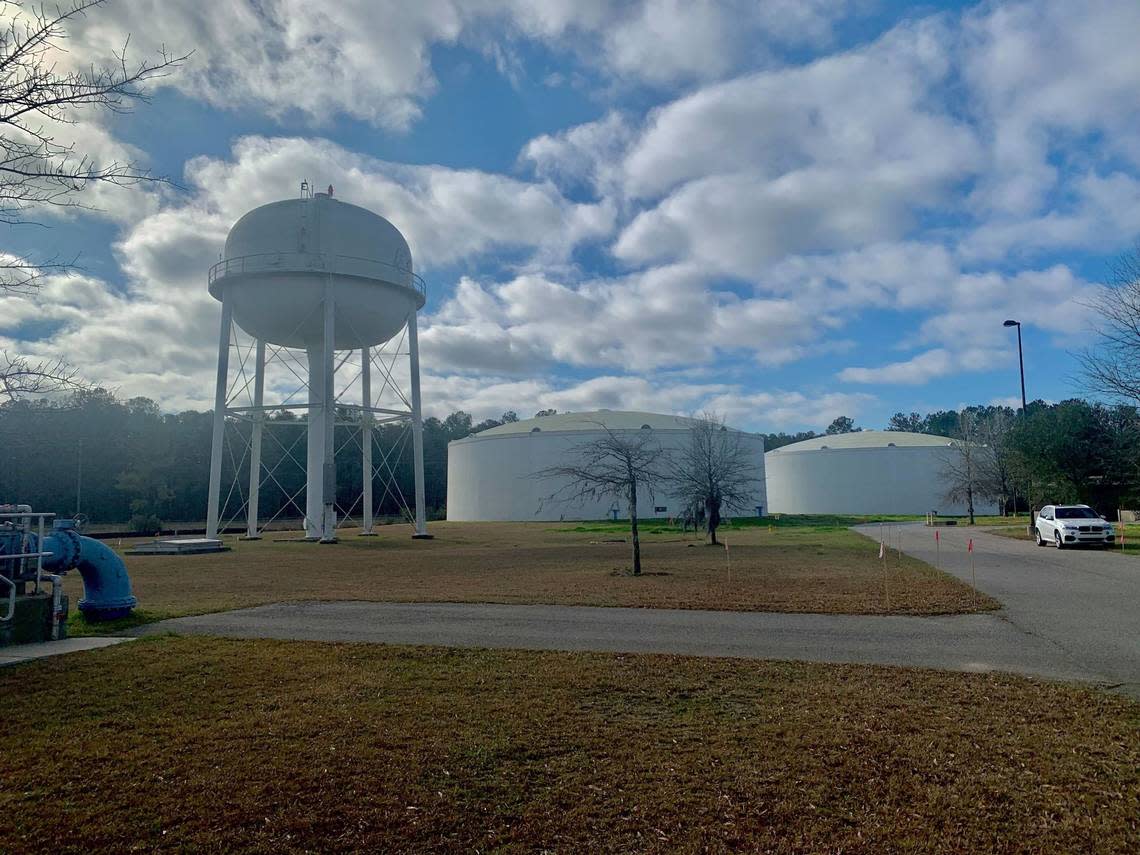Water company says staggered irrigation could help avoid discolored water, increased rates

With dry conditions putting higher demand on water, the Beaufort-Jasper Water and Sewer Authority is asking customers to stagger their irrigation.
The water and sewer authority is asking all customers to abide by the following schedule:
No one should be irrigating on Mondays or between 3 a.m. and 9 a.m. Customers with odd-numbered addresses: Tuesdays, Thursdays and Saturdays. Customers with even-numbered addressed. Wednesdays, Fridays and Sundays.
A lack of rain makes people more likely to water their crops, but during these hot, dry months nearly half of the daily water demand comes from irrigation, BJWSA said.
On Wednesday 35 million gallons of water were used, according to spokesperson Jeff La Rue. BJWSA’s capacity is 39 million. “We were sweating,” La Rue said. For comparison, La Rue said water demand typically sits around 13 to 17 million gallons in January and February.
Last Monday morning, 3,500 customers were pulling 600 gallons of water an hour from BJWSA each, according to La Rue.
If situations don’t improve, the first indication could be widespread discolored water, which La Rue said BJWSA is already starting to see. Next, if water pressure drops low enough, a boil water advisory will have to be issued. If conditions don’t improve from there people in higher elevated areas may not have access to water at all. In the most extreme cases, this could mean no water to fight fires with.
The only other alternative to the irrigation schedule would be for BJWSA to increase its capacity, which a bit of a lose-lose situation where customer rates go up.
“What doesn’t make sense is for us to build huge production that says idle for 10 months a year,” La Rue said. “If we had to build to be able to make it possible for everybody to water at the same time, we have to build that sort of infrastructure, absolutely. That will be reflected in rates. It would cost more.”
Ideally, BJWSA would like to see this schedule followed perpetually.
“We would like people to adopt this schedule forever,” La Rue said. “And this schedule for irrigation is better for their landscaping long term, and we’ve got information from Clemson that backs that up”
Allowing landscaping to dry during on-off days can help plants grow deeper roots and reduce the occurrence of fungal diseases, according to a BJWSA press release.


